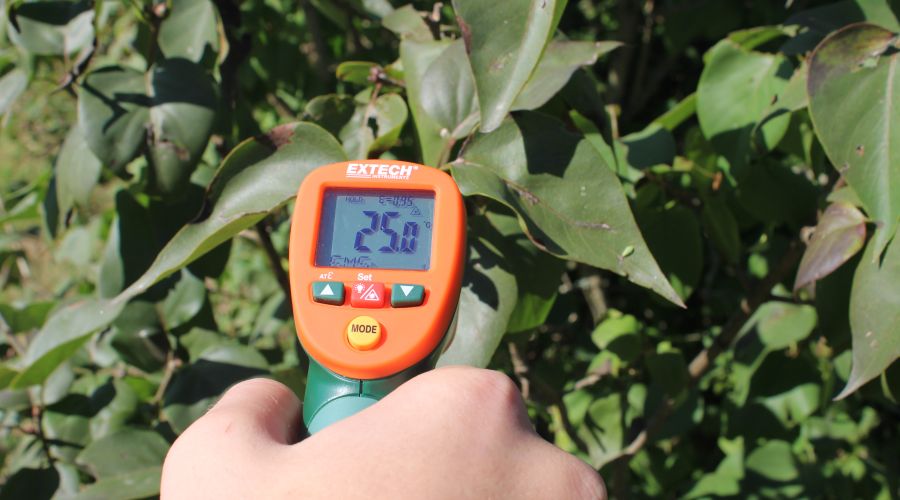Vegetation education as a tool in the fight against climate change: the USB Faculty of Education presents an innovative approach to the world

Plants and vegetation play a key role in shaping the climate. They prevent drought, buffer extreme temperatures and many other phenomena associated with global climate change. However, this information often does not reach the younger generation. This important knowledge is lacking in school education and often in the education of teachers themselves. At the international conference Education for Plant Literacy, held in Hluboká nad Vltavou on 20 November 2024, experts from the University of South Bohemia and other European countries presented new educational materials on this topic. The aim is to teach young people how to manage vegetation more effectively and prevent the effects of climate change from worsening.
The conference, organised by the University of South Bohemia in cooperation with the research organization ENKI, o.p.s., brought together education experts, teachers, university academics from around the world who prepare future science teachers, as well as environmentalists and ecologists to focus on the growing need to modernize educational methods in botany and ecology, with an emphasis on the role of vegetation in the landscape.
They presented new educational materials created within the ERASMUS+ project Education for Plant Literacy. The project, coordinated by the Faculty of Education of the University of South Bohemia, focuses on the modernisation of teaching about plants and their importance for the climate and the environment. The teaching materials were created under the guidance of RNDr. Renata Ryplová, Ph.D. and were developed in cooperation with ENKI, o.p.s. Třeboň and partners from Finland, Austria, Germany and the Netherlands.
"Students don't enjoy learning about plants because the teaching is mostly very theoretical and based on memorizing terms. Pupils then find it boring, as international didactic surveys show. Is it now more important for a primary school pupil to know what a stamen is and what a pistil is, or will he or she make more use of the information that a mature tree cools its surroundings more than a conventional air conditioner by means of the evaporation from its leaves? Instead of memorizing terms, it is necessary to teach about the functions of plants in the human environment using modern, student-oriented methods such as research or project-based learning, which involves cross-curricular relationships, the so-called STEM approach, practical field-based learning and digitalisation," explains Renata Ryplová from the Faculty of Education of the University of South Bohemia.
The aim of the project is to provide teachers and students with tools to understand the importance of vegetation and its role in combating climate extremes through modern teaching methods. These include hands-on activities using affordable instruments to measure the intensity of incoming solar energy and the temperature differences between an overheated dry area and the shade of a tree. They also make use of advanced technologies such as thermal imaging cameras or remote sensing data.
This project is based on an initiative of the USB Faculty of Education and is a response to the growing demand for educational materials that link science with technology and mathematics. With these materials, students can better understand the importance of plants and their potential to combat climate change, which can help reduce the climate anxiety that is affecting more and more young people.
More than a hundred online participants joined the conference from around the world, including the US, Canada, India, Australia, Japan, the Philippines and Africa. In-person participants were mainly experts from Europe.



